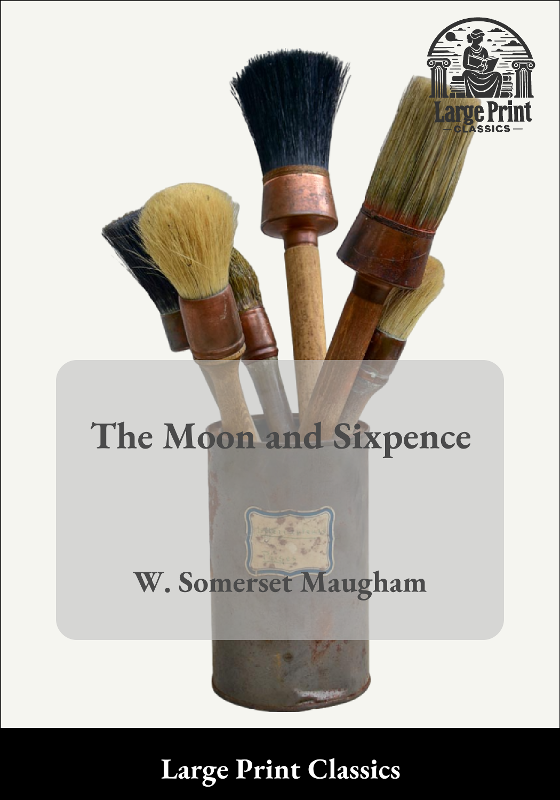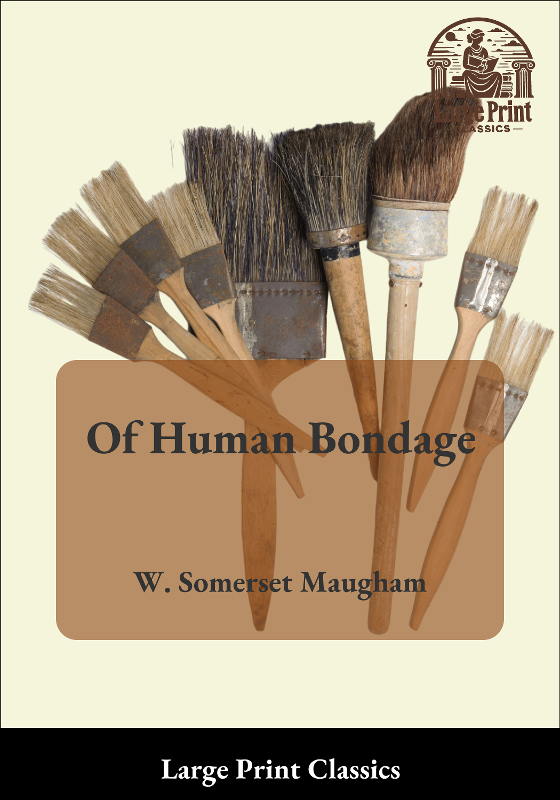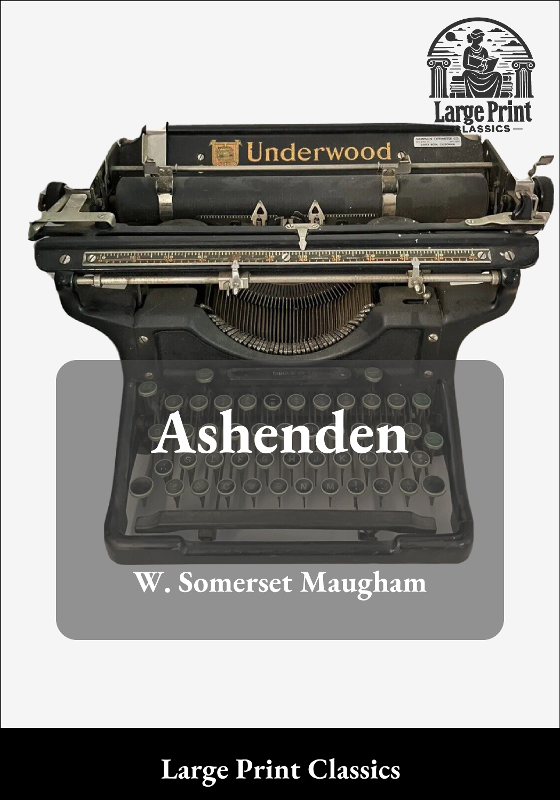
W. Somerset Maugham
Biography and Books
Biography
W. Somerset Maugham (1874-1965) was a prolific English playwright, novelist, and short story writer, renowned for his keen observations of human nature and the complexities of life. Born in Paris to British parents, Maugham’s early life was marked by tragedy and upheaval, which would later influence his literary themes. He studied medicine at St. Thomas’s Hospital in London, earning a degree that would serve as a backdrop for some of his most notable works. Maugham’s literary career took off with the publication of his first novel, “Liza of Lambeth,” but it was his semi-autobiographical masterpiece, “Of Human Bondage,” that cemented his reputation as one of the foremost writers of his time. His ability to capture the essence of the human experience, coupled with his travels across Europe and Asia, enriched his storytelling, evident in works like “The Moon and Sixpence” and “On a Chinese Screen.”
Maugham’s style is characterized by its clarity, precision, and a touch of cynicism, making his narratives both accessible and thought-provoking. His diverse body of work includes novels, short stories, and plays, showcasing his versatility as a writer. “Ashenden,” a collection of short stories based on his experiences as a British spy during World War I, reflects the intrigue of espionage, while “The Magician” delves into the world of mysticism and obsession. Maugham’s profound understanding of human emotions and relationships resonated with readers across generations, earning him a place among the literary greats of the 20th century. Despite facing criticism and fluctuations in popularity throughout his career, Maugham’s legacy endures, influencing countless writers and captivating audiences worldwide.




